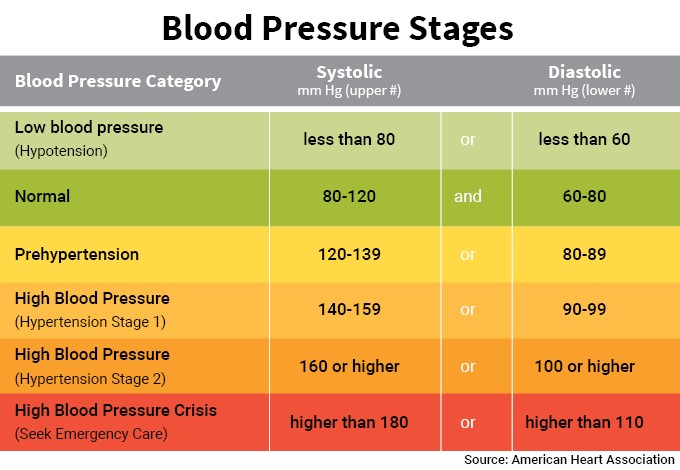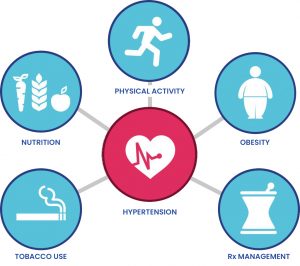 This topic is one of the most discussed in the bodybuilding community and is very controversial too. Both natural bodybuilding and steroid bodybuilding have been practiced since long and each group feels that their method of body building is “right”. Before coming to a conclusion, let’s first understand the difference between the two and then decide which one is better.
This topic is one of the most discussed in the bodybuilding community and is very controversial too. Both natural bodybuilding and steroid bodybuilding have been practiced since long and each group feels that their method of body building is “right”. Before coming to a conclusion, let’s first understand the difference between the two and then decide which one is better.
Natural Bodybuilding
- Naturally bodybuilders do not use any sort of synthetic steroids or other drugs in order to build more muscle mass or get leaner. They entirely rely on lifting heavy weights, consuming a healthy diet and getting plenty of rest.
- Natural bodybuilders may not be able to put on as much muscle mass as steroid users but they build muscles that are long lasting and sustainable.
- Besides building muscles that last, they have a better overall health and faster metabolism.
- It reduces blood pressure, increases bone density and keeps cholesterol levels under control. It improves your metabolism, reduces your fat percentage and is a great stress buster.
Steroid Bodybuilding
- These builders use Anabolic-androgenic steroids. These drugs are a synthetic form of testosterone (the male hormone), are injected into the body for quick benefits but are illegal in most competitions.
- Steroids may give you the pump to train at a higher level than you could possibly do naturally. Your recovery rate would be faster, you would be able to train for longer and build more muscle mass but all of this comes with several side effects and are potentially dangerous, in the long run!
- Some of the serious side-effects of taking steroids for bodybuilding include:
- Hormonal Imbalances – Suppressed Testosterone Production
- Infertility, low libido, testicular atrophy, Gynecomastia (breast tissue growth in a man)
- Accelerated Hair loss
- Skin issues – Acne/Oily Skin
- Increased heart rate
- Increased LDL Cholesterol, Hypertension, Increased risk of Stroke/Heart attack
- Liver Toxicity
- Kidney Damage, Fluid retention
- Mental Health Issues, Insomnia, Mood Swings
- Increased risk of premature DEATH.
Which is Better?
After reading the potential side effects of steroids, I’m sure you understand why going the natural way is the better choice! If you are looking to improve your appearance and increase overall health without any negative side effects, then you should stick to natural bodybuilding.
The best way to stay healthy and maintain a muscular body for long is finding ways to increase the natural testosterone production rather than counting on steroids that have dangerous health risks and eventually lose your muscles. If you are willing to train hard, have a proper plan, you will surely achieve your goal without any artificial/synthetic drug support. So, just set your goal and go after it!
To learn more about the natural ways to increase testosterone levels and bodybuilding, check out Healthy Reads or consult a GOQii Coach by subscribing for Personalised Health Coaching here.
#BeTheForce
 Surya Namaskar literally means Salutations to the Sun. It is a combination of 12 yoga asanas, where the body, mind, and soul are brought into complete synchrony. They are done in sets, some do 12, some 15, while some 30, depending on their endurance. Scientifically too, there are multiple benefits of Surya Namaskar. Let’s explore them in detail!
Surya Namaskar literally means Salutations to the Sun. It is a combination of 12 yoga asanas, where the body, mind, and soul are brought into complete synchrony. They are done in sets, some do 12, some 15, while some 30, depending on their endurance. Scientifically too, there are multiple benefits of Surya Namaskar. Let’s explore them in detail!






